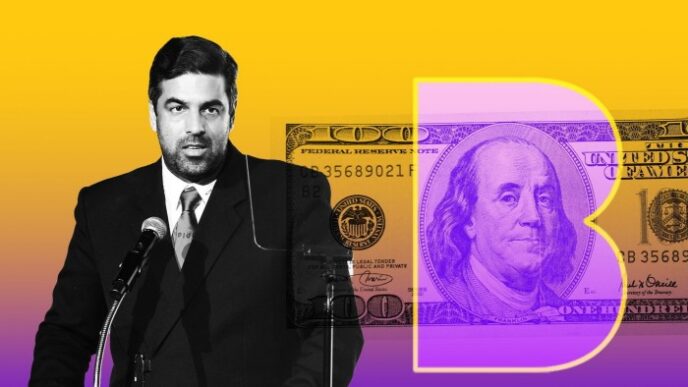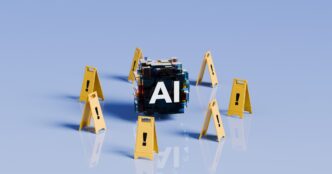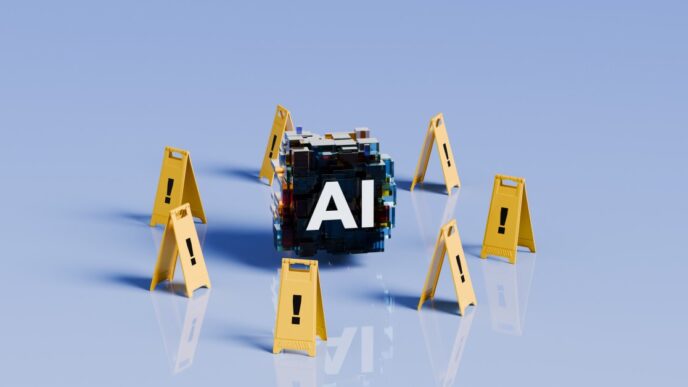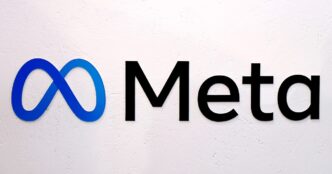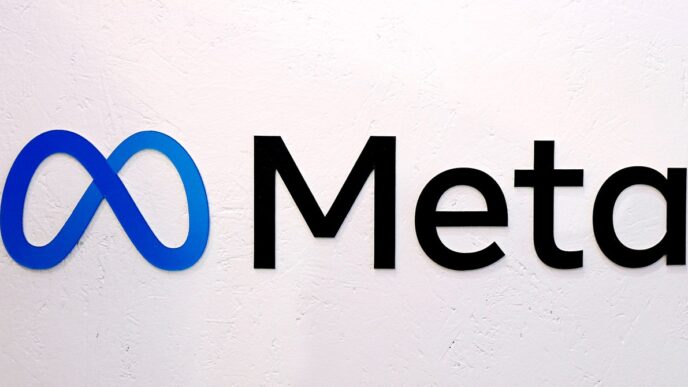Anthropic cleared of fair use copyright breach in AI training, but still faces court over pirated book storage
A US judge ruled that Anthropic’s use of books to train its Claude AI model counts as fair use. The San Francisco federal court found their AI training “transformative” and lawful under copyright law.
The issue started when authors Andrea Bartz, Charles Graeber, and Kirk Wallace Johnson sued Anthropic for using pirated copies of their books to teach Claude without permission.
Judge William Alsup compared Anthropic’s use to a “reader aspiring to be a writer” learning from existing works — not copying them outright.
“Anthropic later bought a copy of a book it earlier stole off the internet will not absolve it of liability for the theft but it may affect the extent of statutory damages,” Alsup wrote.
But the judge said Anthropic’s actual copying and storing of over 7 million pirated books in a central library was copyright infringement. That part is not fair use. A trial is set for December to figure out damages.
US copyright law allows penalties up to $150,000 per work for willful infringement.
Anthropic defended its training as “consistent with copyright’s purpose in enabling creativity and fostering scientific progress.”
Copyright lawyer John Strand called the decision “very significant” and expects the Supreme Court will eventually weigh in on AI training and copyright.
Anthropic joins OpenAI, Microsoft, and Meta in facing lawsuits from authors and publishers over using copyrighted works without permission to train AI.
The ruling only applies in the US. Experts say UK copyright law has a much narrower fair use defense, unlikely to protect AI companies in the same way.
Other AI companies have also been accused of downloading millions of pirated books to build their training datasets.
Anthropic said its system studies writing to “extract uncopyrightable information” and create new tech, not just copy content.
The core question around AI training, copyright, and fair use is far from settled — but this ruling marks a notable step.
For the full judge’s ruling.




